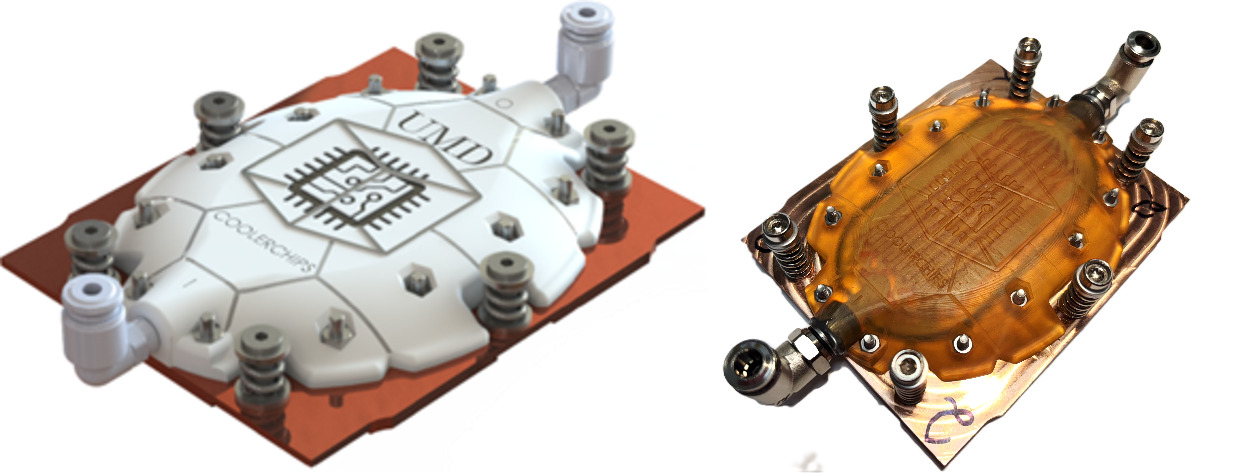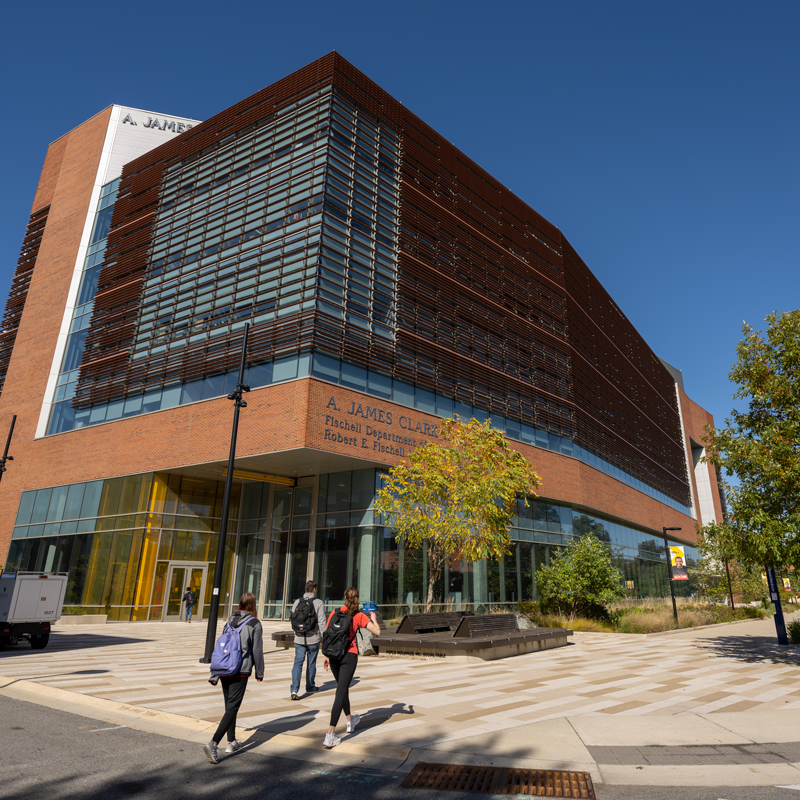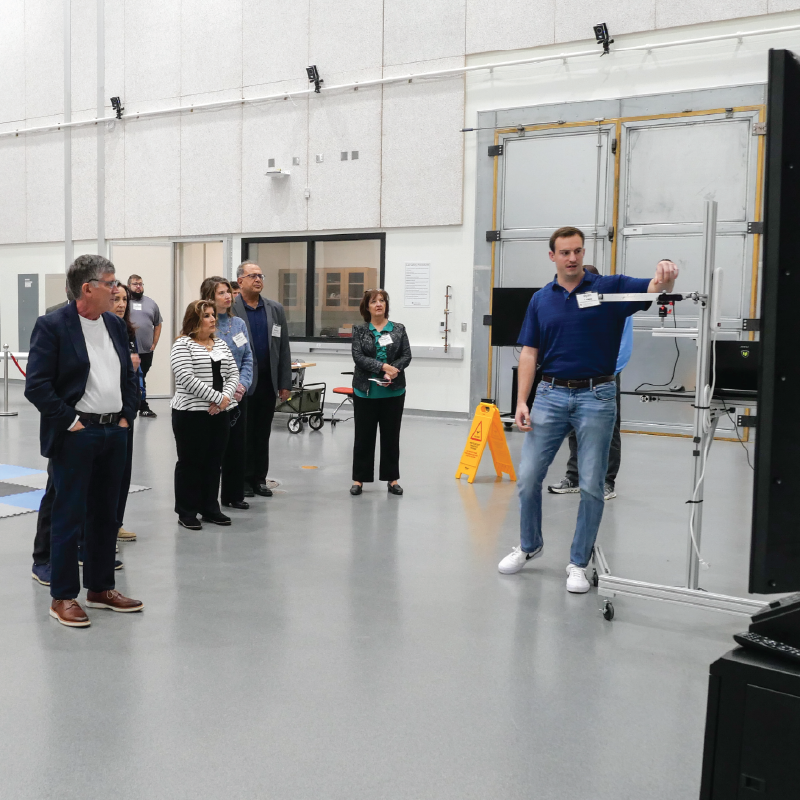News Story
CALCE Joins Flexnode in ARPA-E Cooling System Project

 A cutting-edge data center cooling initiative is underway with the support of the Center for Advanced Life Cycle Engineering (CALCE) at the University of Maryland (UMD) as part of a $1.1 million award from the U.S. Department of Energy’s Advanced Research Projects Agency-Energy (ARPA-E) under the COOLERCHIPS program. The initiative aims to revolutionize how data centers are cooled by developing a highly efficient, compact, and modular cooling system that is both energy-efficient and relocatable.
A cutting-edge data center cooling initiative is underway with the support of the Center for Advanced Life Cycle Engineering (CALCE) at the University of Maryland (UMD) as part of a $1.1 million award from the U.S. Department of Energy’s Advanced Research Projects Agency-Energy (ARPA-E) under the COOLERCHIPS program. The initiative aims to revolutionize how data centers are cooled by developing a highly efficient, compact, and modular cooling system that is both energy-efficient and relocatable.
This ambitious project is led by Flexnode, a Bethesda-based tech company, in partnership with UMD’s Center for Environmental Energy Engineering (CEEE). The team is developing a prefabricated micro data center with unparalleled energy efficiency and power density. The system features several innovations, including a novel microchannel cooling technology, a chassis-based hybrid immersion cooling approach, additive manufacturing-enabled dry cooling components, and a container designed for thermal optimization.
As a key part of the ARPA-E project, a sub-project focusing on the cooling system’s reliability is being spearheaded by CALCE. This project, led by Dr. Diganta Das, applies comprehensive reliability engineering methodologies to ensure the system operates within defined performance limits throughout its lifecycle. The reliability analysis will include techniques such as Fault Tree Analysis, Reliability Block Diagrams, and redundancy modeling. The insights gained will guide design decisions and mitigate potential failure risks at the component and system levels.
Professor Michael Ohadi, a leading figure in advanced thermal systems, directs the ARPA-E project, bringing together expertise across UMD’s engineering disciplines. His leadership is instrumental in driving the technological development and collaborative efforts crucial to the initiative’s success.
The combined expertise of CALCE, CEEE, and Flexnode is expected to produce a transformative solution for the data center industry, significantly reducing operational carbon footprints while improving cooling performance and system resilience.
For more information about the Cooling System Reliability Evaluation project, contact Dr. Diganta Das.


Published April 23, 2025









